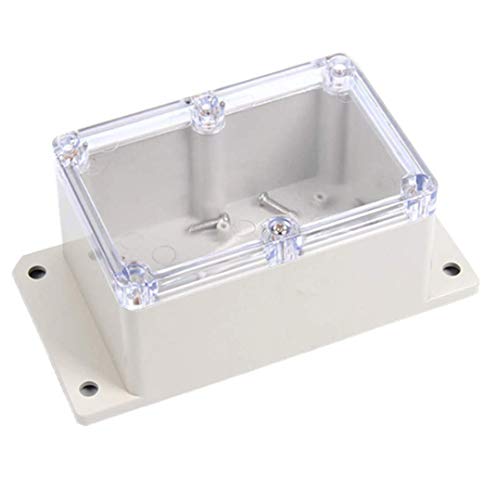Anyone read the article on this month PE?
letter wrote in (short version): as an example, a kettle will use the same power but take longer, so wont save anything
V phase response (short version). correct, but some stuff will save power. eg fridges, freezers and lighting
now, i can agree with the lighting - less voltage, less current, less power used. but the light will be dimmer. but you dont leave it on longer to make it up, so there would be power saving there. thats providing you dont stick a higher rated lamp in the fitting because its now too dim.
but fridges and freezers? sorry, but it still takes the same amount of power to keep the fridge/freezer at its temp. if the motor is running at a lower voltage, it will take slightly longer to get the same effect. same as the kettle.
yet again, more proof the whole thing is a big con.
maybe i could save customers money by ignoring the 3% rule and wiring everything in 0.5mm
letter wrote in (short version): as an example, a kettle will use the same power but take longer, so wont save anything
V phase response (short version). correct, but some stuff will save power. eg fridges, freezers and lighting
now, i can agree with the lighting - less voltage, less current, less power used. but the light will be dimmer. but you dont leave it on longer to make it up, so there would be power saving there. thats providing you dont stick a higher rated lamp in the fitting because its now too dim.
but fridges and freezers? sorry, but it still takes the same amount of power to keep the fridge/freezer at its temp. if the motor is running at a lower voltage, it will take slightly longer to get the same effect. same as the kettle.
yet again, more proof the whole thing is a big con.
maybe i could save customers money by ignoring the 3% rule and wiring everything in 0.5mm































































